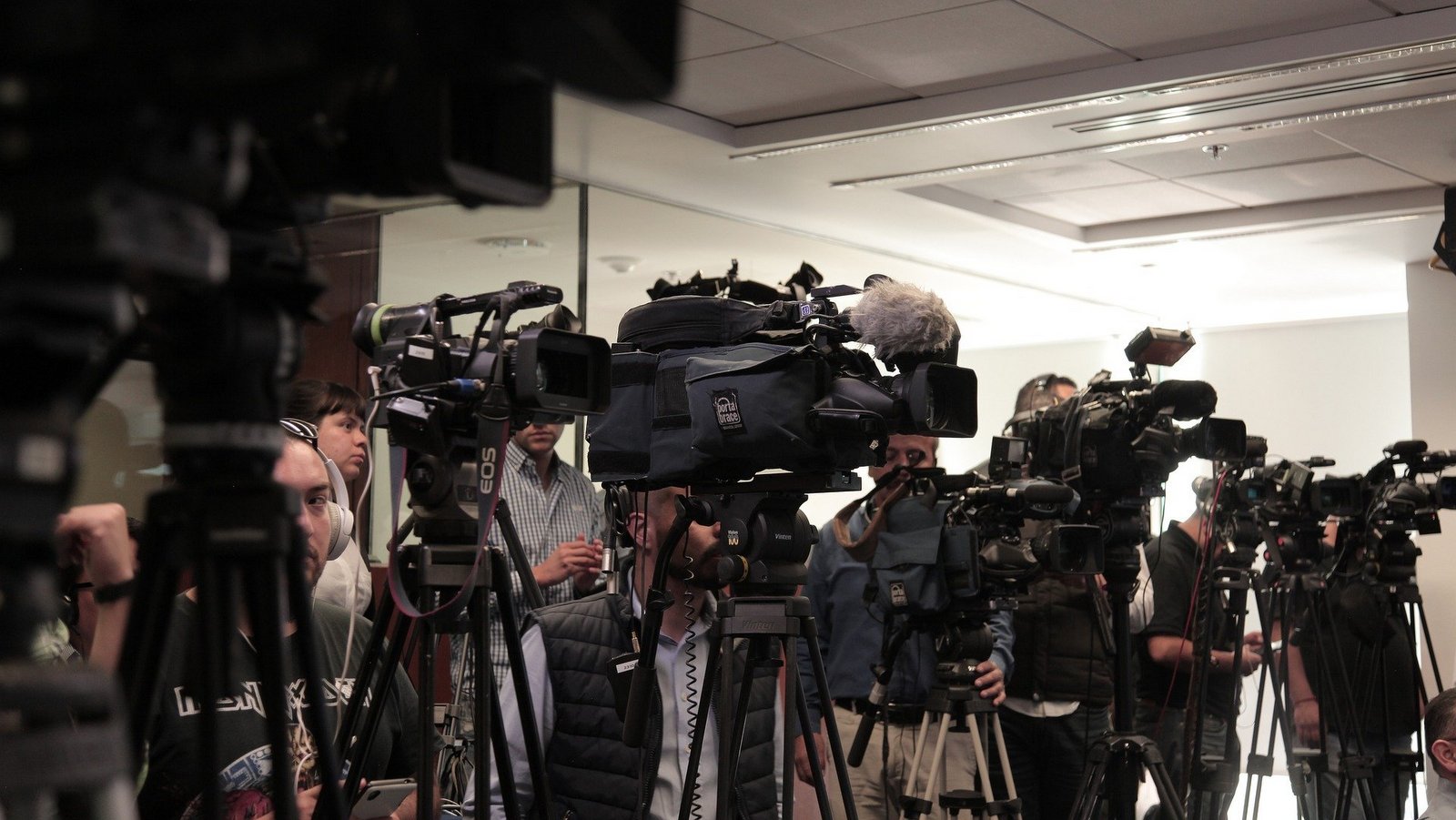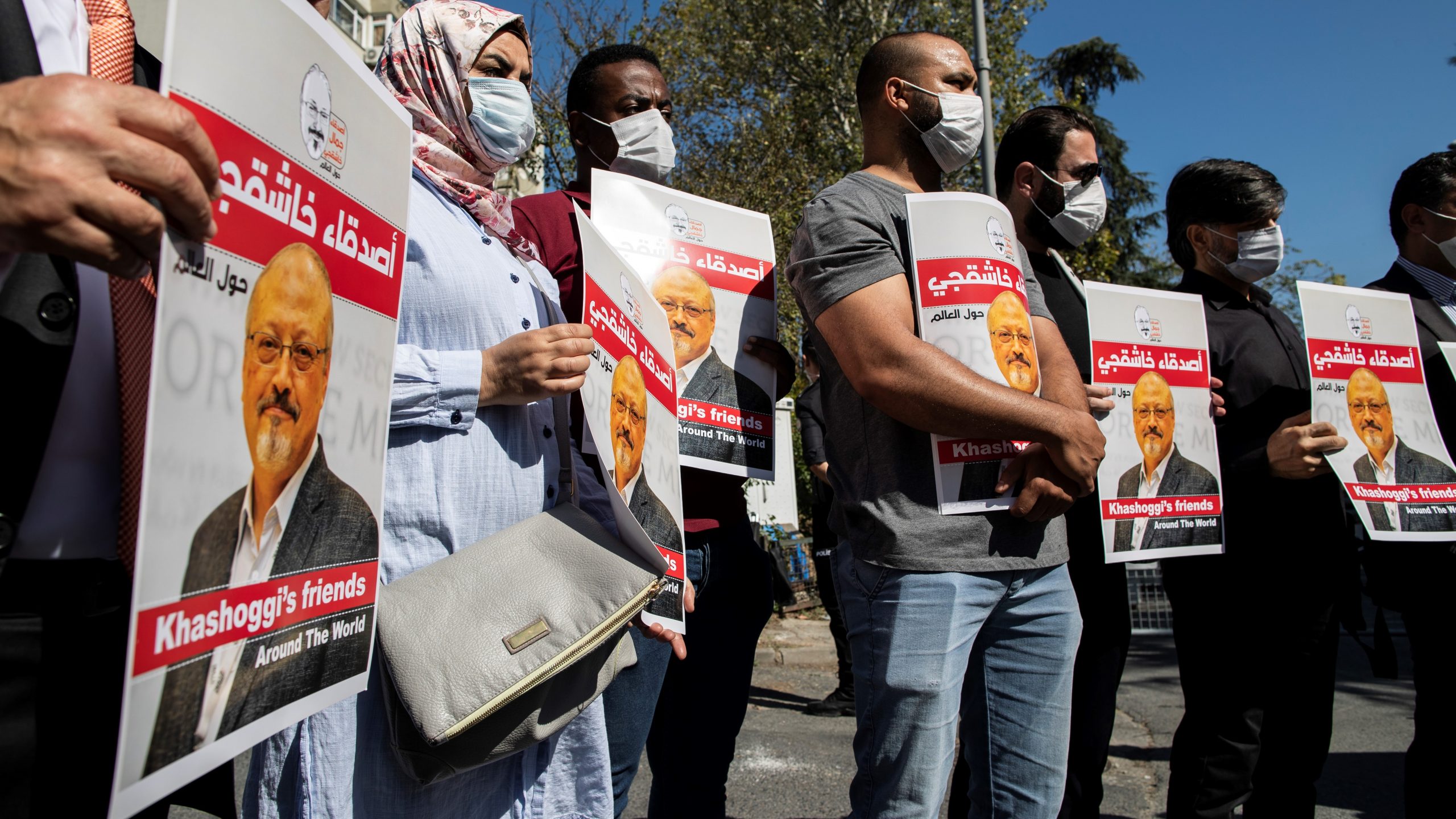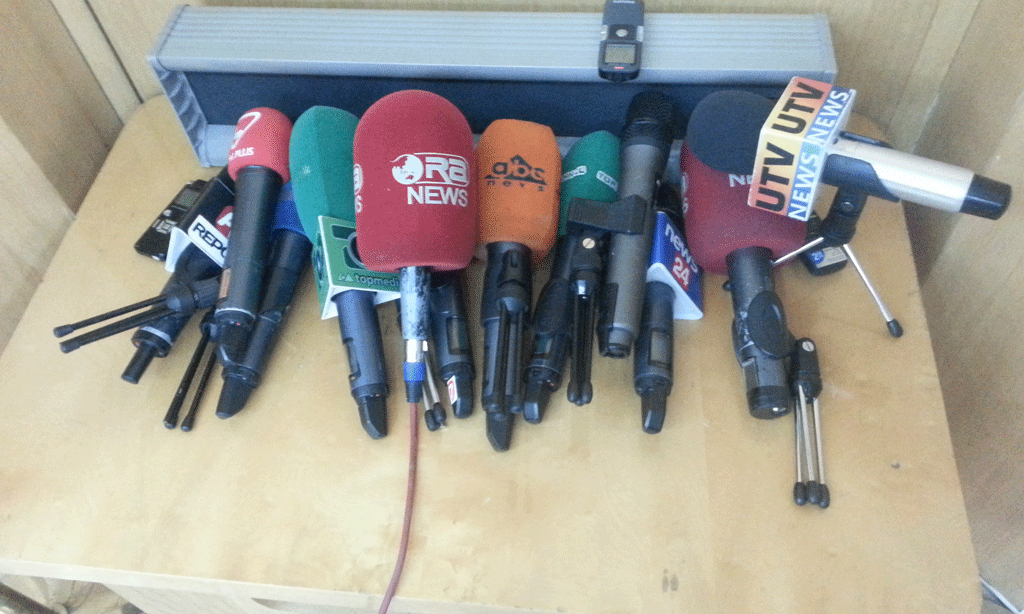Albania’s General Tax Directorate has imposed several hefty fines on several TV stations, most of which are critical of the government of Prime Minister Edi Rama, the media companies said on Tuesday.
Ora News, a TV station based in Tirana, was fined around 50 million leks (437,000 euros) while Focus News, the company that owns the News 24 channel, was fined around 20 million leks (173,000 euros).
The government’s Media and Information Agency declined to respond to BIRN’s request for detailed comments about the reasons for the fines, but offered a general response.
“The government of Albania shows maximum respect for the media and the journalists and their duty,” the agency said.
“We emphasise that the government mission is to rigorously implement the law, which is equal for all and this is a universal principle,” it added.
It said BIRN’s specific questions were “of a too technical nature” and suggested contacting the Tax Directorate. The Tax Directorate didn’t respond to an emailed request for comment and its press office didn’t respond to phone calls.
Hysenbelliu Group, the group of companies that owns one of the television stations that were fined, told BIRN the fine was one of several targeting its companies, claiming that the intention was to silence its media outlets.
Last September, a hotel owned by the group was blown up by the government who claimed it was illegally constructed.
“This latest fine is part of a multipronged campaign against this group in which tax inspectors, the customs administration, the National Inspectorate for the Protection of the Territory and other government agencies have undertaken against the Hysenbelliu Group of companies, who also own the News 24 channel, Balkanweb [news website] and Panorama [newspaper],” the group’s press office told BIRN.
“For us there is no doubt that this campaign, which amounts to some 17 million euros in fines, is directed by the Prime Minister Edi Rama in revenge against the editorial line of this media group,” it said.
Ora News director Brahim Shima said the fine was yet another attempt to close the station, which has been under state administration since 2020, which includes the period during which tax inspectors believe that it under-reported its tax ownings.
“This fine is simply aiming to shut down the channel, thus closing the space for carry out journalistic duties in an independent way,” Shima said.
The report on the inspection of Focus News, seen by BIRN, said that the tax inspectors found unlawful salaries being paid “below the average market rate” for the specific profession and therefore recalculated the company’s tax dues assuming that the staff were employed with a salary equal to the average.
Based on this reasoning, the inspectors concluded that the company should have paid some 7.3 million leks (over 63,000 euros) more in social and health insurance contributions
The inspectors also calculated that the company underpaid personal income tax to the tune of around 3.5 million leks (some 30,000 euros).
Tax informality is perceived as being widespread in Albania with companies keeping separate books of accounts, one for tax purposes and the other for management purposes in order to under-report revenue, salaries and tax dues. In such cases, it is believed that companies pay salaries partly via bank transfers and partly in cash to evade detection.
In December 2021, a file containing wage data for some 630,00 Albanians, the entire workforce in the country, was leaked online – the first time in which such data was made available publicly and could be analysed independently.
It was observed that scores of companies reported unfeasibly low salaries for professional jobs, such as lawyers employed for a declared salary of some 30,000 leks (260 euros) a month, the country’s minimum wage.
The government announced it would start to tackle the issue, and based on this initiative, the Tax Directorate decided to send inspectors to media companies.
However, the report on Focus Media Group stated that it found no traces of the company employing unregistered employers and no traces of double bookkeeping. But it concluded that some of the employees had salaries “below the market average for the specific profession”.












